Ah, writer’s block—one of life’s greatest existential dramas, rivaled only perhaps by “what is the meaning of life?” and “where did I leave my socks?” Some describe it as the crippling plague of the literary world. Others call it an excuse made by procrastinators who’d rather alphabetize their spice racks than confront a blank page. Regardless, the question persists: what exactly is this grandiose phenomenon?
The Brief History of Writer’s Block
You’d think Shakespeare agonized over writer’s block, pacing around his draft-filled attic. No, he just stole most of his plots. Problem solved.
Yet, not everyone can steal stories and pass it off as artistic genius. Take Samuel Taylor Coleridge, who famously bemoaned losing his flow mid-way through writing Kubla Khan due to an “unexpected visitor.” Translation: “My neighbor dropped by, I got distracted, and now I’ll never finish my masterpiece.” Classic.
Even esteemed literary giants have not been immune. Truman Capote once profoundly stated, “That’s not writing, that’s typing,” when critiquing Jack Kerouac, perhaps conveniently ignoring the fact that writing is basically typing. Yet Capote himself struggled immensely to finish Answered Prayers, ultimately never completing it due to—surprise—writer’s block.
Reasons or Rationalizations?
Is writer’s block real? Well, is your procrastination real? Consider the following usual suspects:
- Perfectionism: Also known as, “If it’s not Nobel-worthy by lunchtime, what’s the point?”
- Fear of Criticism: What if your mother-in-law finally reads your memoir?
- Exhaustion: Writing’s tiring. Have a nap first.
- Lack of Inspiration: Ah yes, waiting for the muse, who is apparently vacationing in the Bahamas indefinitely.
Inspiration: The Great Myth
Relying on inspiration is about as reliable as hoping your laundry folds itself. Jack London said it best: “You can’t wait for inspiration. You have to go after it with a club.” Perhaps metaphorically. Unless inspiration really does roam free in the wild.
Stephen King is famously dismissive of waiting around for creativity to magically strike. “Amateurs sit and wait for inspiration, the rest of us just get up and go to work,” he says. King’s method? Write every day, even if it’s absolute garbage. Eventually, the garbage becomes gold. Or at least recyclable.
Notorious Examples of Blocked Brilliance
Here are some legendary figures who experienced—or at least claimed—writer’s block:
- Harper Lee: Wrote one glorious masterpiece, To Kill a Mockingbird, then virtually vanished from the literary world. Blocked or just smart enough not to ruin perfection?
- Franz Kafka: Never finished The Castle. Kafka had more unfinished stories than your to-do list has unchecked boxes.
Overcoming the Block: Or How to Outwit Your Own Mind
Facing writer’s block requires a strategy akin to tricking a stubborn cat into its carrier:
- Routine: Ernest Hemingway swore by the discipline of writing each morning. “The first draft of anything is shit,” he cheerfully admitted, freeing us all from expecting instant brilliance.
- Physical Activity: Haruki Murakami famously goes running. Perhaps fleeing from his inner critic. If you’re slower, even a walk might suffice.
- Breaking the Task Down: Rather than “write a novel,” how about “write a sentence.” Repeat as needed until literary success or bedtime.
Books Left in the Abyss of Block
Some famous incomplete works due to writer’s block include:
- Charles Dickens’ The Mystery of Edwin Drood: Dickens inconveniently died mid-block. Or maybe his character got fed up and blocked Dickens instead.
- Mark Twain’s The Mysterious Stranger: Twain couldn’t quite get his mysterious stranger to leave, resulting in multiple unfinished drafts.
A Call to Pens (and Typing Fingers)
Writer’s block may indeed be a trick of your mind, but what glorious human endeavor isn’t partly self-delusion? Your mind, that clever saboteur, knows your every weakness. But guess what? You know its tricks too.
Think of your mind as an overeager critic who never learned to whisper. Shut the door in its face. Write something horrendous, something laughably bad—anything, just write! Recall King’s sage advice about turning up every day and London’s metaphorical club. Drag your inspiration back from its beachside cocktail bar and make it earn its keep.
The final irony is simple: Writer’s block isn’t something that happens to you. It’s something you do to yourself. So stop doing it. Sit down, grab your favorite caffeinated beverage, and embrace the mess. After all, a blank page never published anything brilliant either. At least your scribbles have potential.
Now go forth, wield your pen with the confidence of someone who can edit later, and produce that marvelous literary chaos the world didn’t know it needed—but desperately does.

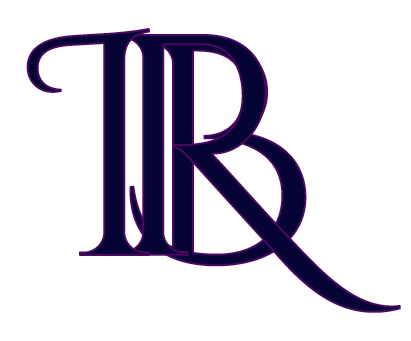
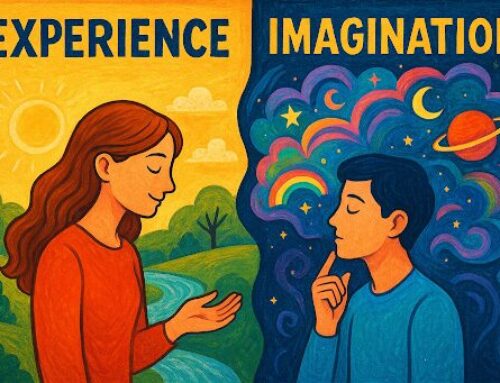
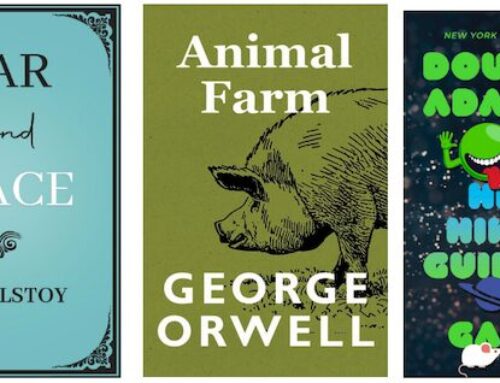
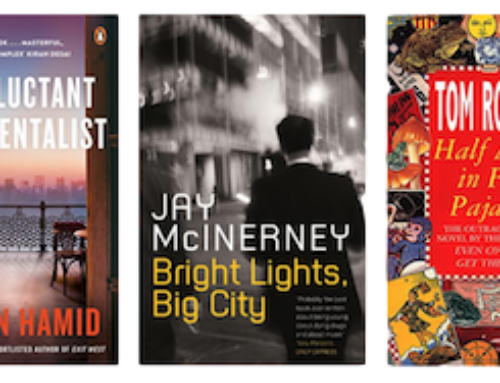
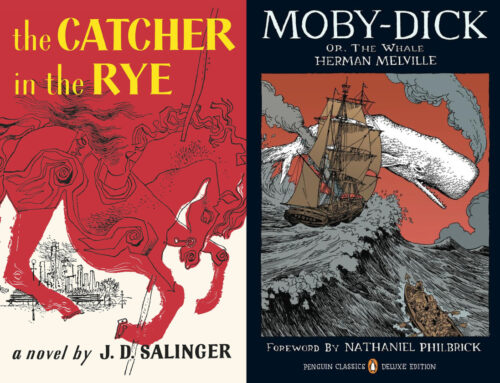
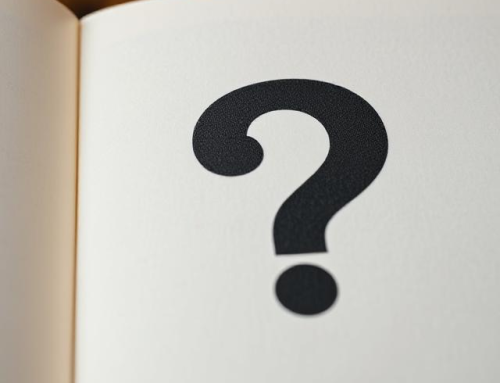

Leave A Comment